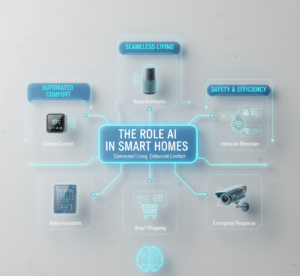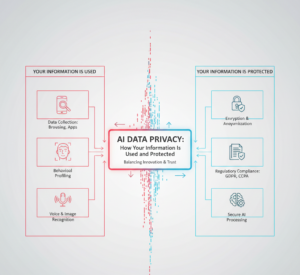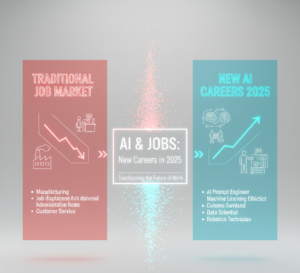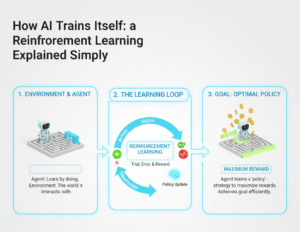Artificial intelligence in healthcare: from drug discovery to diagnostics
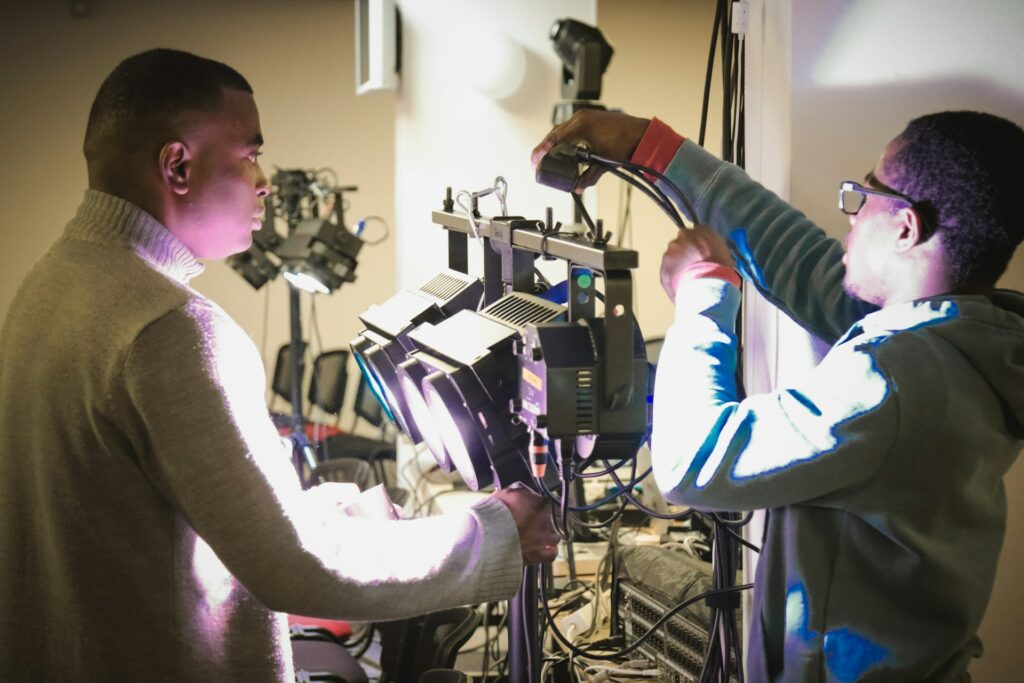
Artificial intelligence in healthcare: from drug discovery to diagnostics
Artificial intelligence is disrupting the healthcare industry, changing the way that illnesses are diagnosed, treatment plans are designed, and medications are manufactured. Artificial intelligence (AI) is making it possible to provide treatment that is more precise, efficient, and patient-centered. This includes the use of predictive analytics and customized medicine, among other things.
Artificial Intelligence-Powered Disease Prediction
Artificial intelligence algorithms have the capability of analyzing medical data—including genetic profiles, electronic health records, and imaging—in order to forecast the risk of illness prior to the manifestation of any symptoms. The following are some of the most important applications:
- Early detection is possible because artificial intelligence models can recognize the early warning symptoms of medical illnesses such as cancer, heart disease, and neurological problems.
- Predictive Analytics: Through the examination of patterns in patient data, artificial intelligence is able to anticipate the evolution of diseases and associated problems.
- Preventative Care: Clinicians have the ability to develop preventative treatment strategies in order to decrease the number of hospitalizations and enhance results.
Treatment Plans That Are Tailored to the Individual
Artificial intelligence (AI) is able to provide patients with healthcare that is highly personalized by assessing their medical history, genetics, lifestyle, and treatment reactions. Among the advantages are the following:
- Therapies Customized to the Individual: Artificial intelligence suggests therapies that are most likely to be successful for a particular patient.
- Algorithms are used to determine the exact quantities of medications that will reduce the likelihood of negative side effects. This is known as “Optimized Medication Dosing.”
- Adaptive Care Plans: Treatment may be modified in real time in response to patient reactions, which are monitored by artificial intelligence (AI).
Artificial intelligence in medical imaging
Radiologists and doctors are able to get assistance from imaging technologies that are powered by artificial intelligence in the following ways:
- Improving the level of accuracy: discovering cancers, fractures, or abnormalities that could be overlooked by an individual’s eyesight.
- Expediting the Diagnostic Process: Automated image analysis minimizes the amount of time that passes between scanning and the availability of data.
- Research that Supports This: Artificial intelligence (AI) is able to identify patterns in big imaging datasets, which leads to a better knowledge of illnesses.
The Process of Drug Discovery and Development
Artificial intelligence (AI) speeds up the process of drug development by studying chemical structures, forecasting the usefulness of compounds, and detecting possible negative effects. Examples of situations in which this is applicable are as follows:
- Virtual Screening: Artificial intelligence algorithms are used to forecast which chemical compounds would most likely succeed in clinical trials.
- Algorithms are used to determine if there are any novel uses for pharmaceuticals that have already been authorized. This process is known as “repurposing existing drugs.”
- Reducing the Amount of Time It Takes to Get Products to Market: Through the simulation of experiments in silico, artificial intelligence (AI) minimizes the dependence on laboratory testing, which are expensive, and speeds up the clinical trials process.
Remote monitoring and telehealth
Devices and applications that are driven by artificial intelligence (AI) make it possible to monitor patients at all times, which provides:
- Insights in Real Time: Artificial intelligence (AI) examines information gathered from wearable devices and equipment used for monitoring the house in order to recognize variations in health state.
- Better Chronic Care: Patients who have diabetes, hypertension, or heart disease are provided with advice that are tailored to their specific needs.
- Efficient Telehealth: Artificial intelligence (AI) sorts through patient concerns, prioritizing treatment and decreasing congestion in clinics.
Difficulties and Factors to Take into Account
Despite the fact that artificial intelligence has the potential to be very beneficial, there are a number of obstacles that must be overcome, including:
- Data Privacy: It is of the utmost importance to ensure that sensitive health information is protected from being used in an inappropriate manner.
- Prejudice in Artificial Intelligence (AI) Models: In order to prevent unfair treatment results, it is essential to ensure that the training data is varied.
- Approval from Regulators: Artificial intelligence (AI) technologies are required to fulfill strict criteria for safety and efficacy.
- Human Supervision: In order to assure the safety of patients, medical professionals are required to verify the suggestions made by artificial intelligence.
Artificial intelligence (AI) is revolutionizing the healthcare industry, from the early detection of diseases to the creation of new medications and individualized treatment plans. The provision of treatment that is more precise, effective, and focused on the patient is within the reach of healthcare practitioners when they combine human knowledge with insights generated by artificial intelligence.
The future of the healthcare industry will be shaped by ongoing innovation, and the cooperation between medical experts and artificial intelligence will be an essential component of this development. The partnership between these two entities will result in better results for patients and increased access to medical treatment on a global scale.
